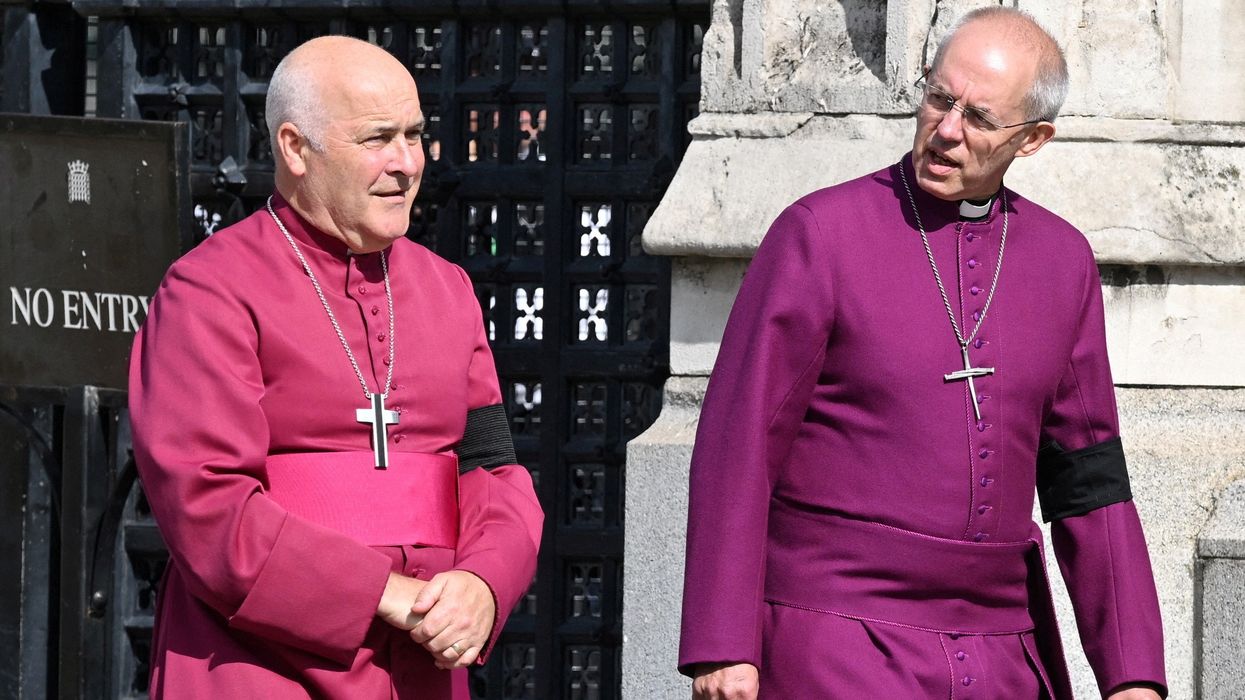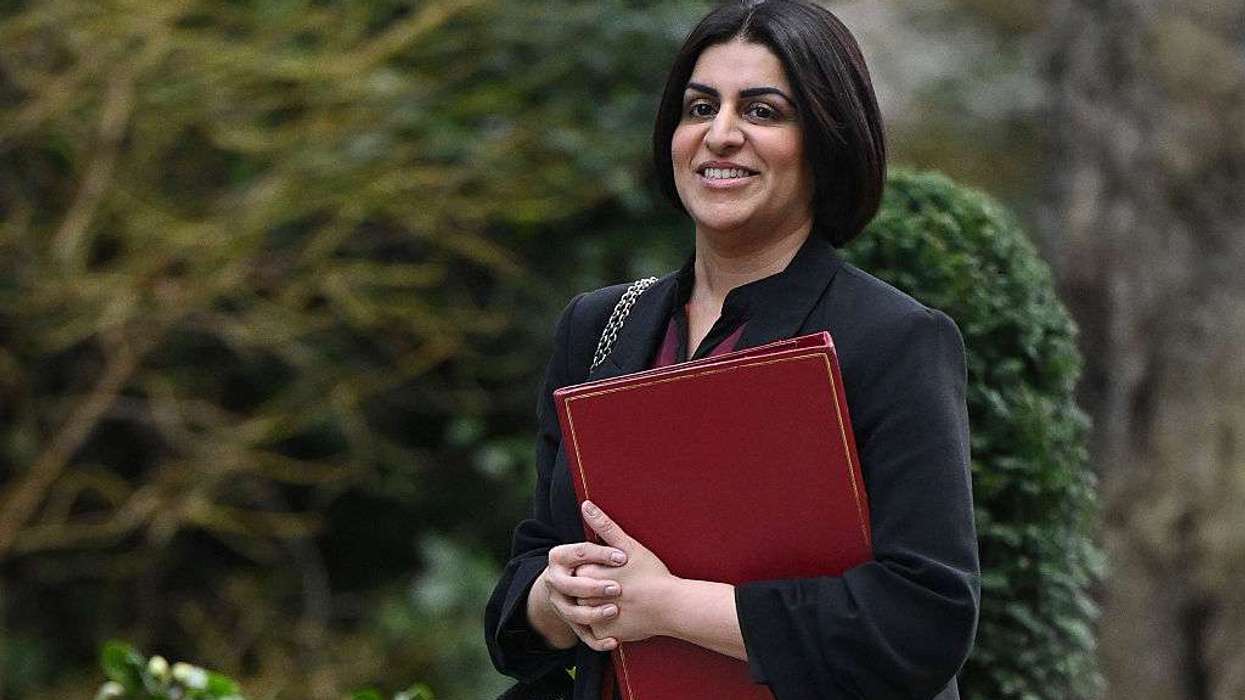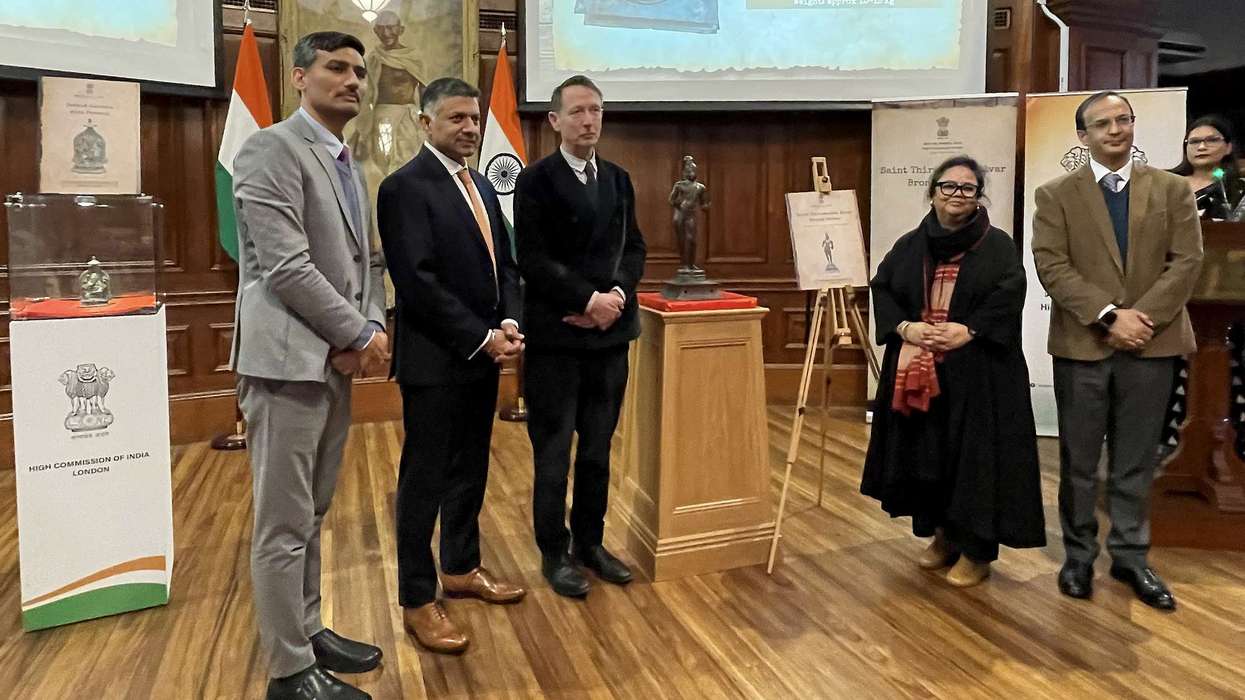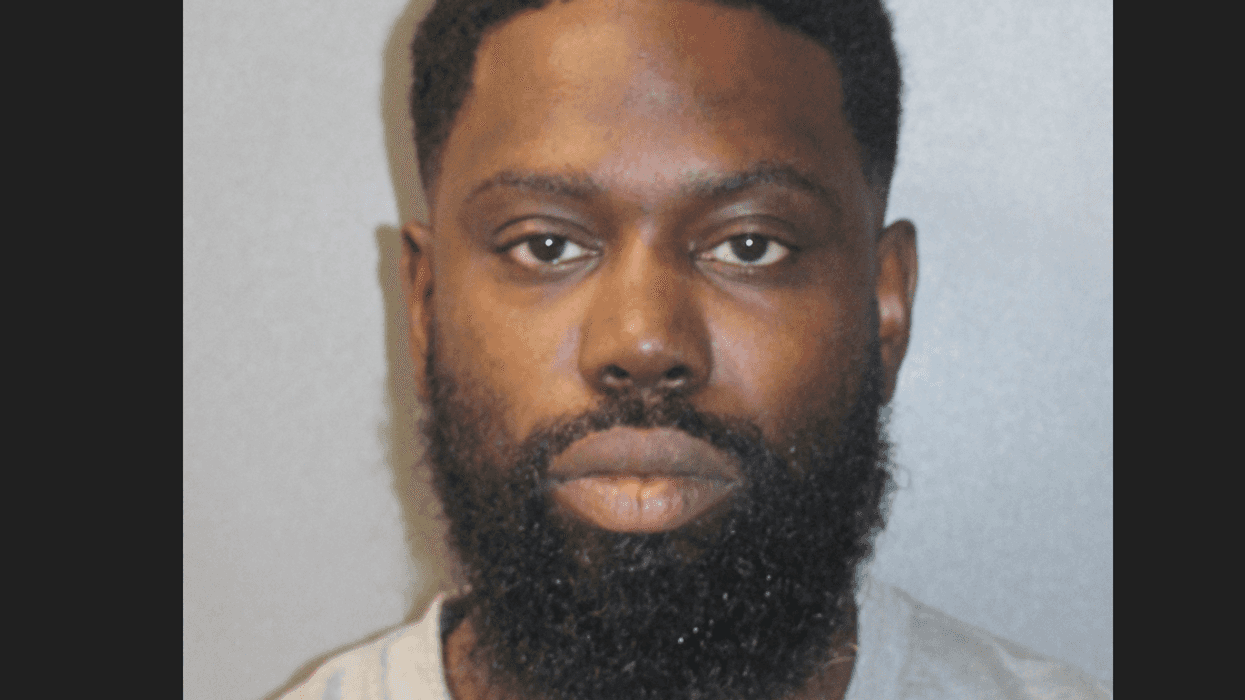THE CHURCH of England's second most senior cleric, Stephen Cottrell, will call for repentance and reform in a Christmas sermon on Wednesday. His remarks come as the institution continues to face criticism over child abuse cover-up scandals.
This year’s Christmas celebrations have been clouded by Archbishop of Canterbury Justin Welby’s resignation in November over allegations of mishandling abuse cases. Accusations of further safeguarding failures have also been directed at Archbishop Cottrell, Welby’s successor as the Archbishop of York.
The Church of England, which oversees 16,000 churches in England and serves as the mother church for 85 million Anglicans worldwide, is confronting widespread criticism.
“Right now, this Christmas, God’s Church itself needs to come to the manger and strip off her finery and kneel in penitence and adoration. And be changed,” Cottrell will say during his sermon at York Minster, according to excerpts shared by his office.
Welby, who stepped down after a report concluded he failed to act against prolific sex abuser John Smyth, will not deliver the main Christmas sermon at Canterbury Cathedral. His official duties are set to conclude by January 6, with the process of selecting a new Archbishop of Canterbury expected to take up to six months.
“At the centre of the Christmas story is a vulnerable child; a vulnerable child that (King) Herod’s furious wrath will try and destroy, for like every tyrant he cannot abide a rival,” Cottrell will say. “The Church of England – the Church of England I love and serve – needs to look at this vulnerable child, at this emptying out of power to demonstrate the power of love, for in this vulnerable child we see God.”
In the interim, Cottrell will lead the Church but faces calls to resign following a BBC report. The investigation alleged that as Bishop of Chelmsford, he allowed priest David Tudor to remain in his role despite restrictions barring him from being alone with children and reports of compensation paid to an abuse victim.
Cottrell has apologised, stating the situation he inherited was “horrible and intolerable” and that he acted to suspend Tudor at the earliest opportunity.
Public trust in the Church has been shaken. David Greenwood, a lawyer specialising in abuse claims, stated the revelations had “shaken trust in the Church’s ability to protect its congregants and uphold its duty of care.”
(With inputs from Reuters)




